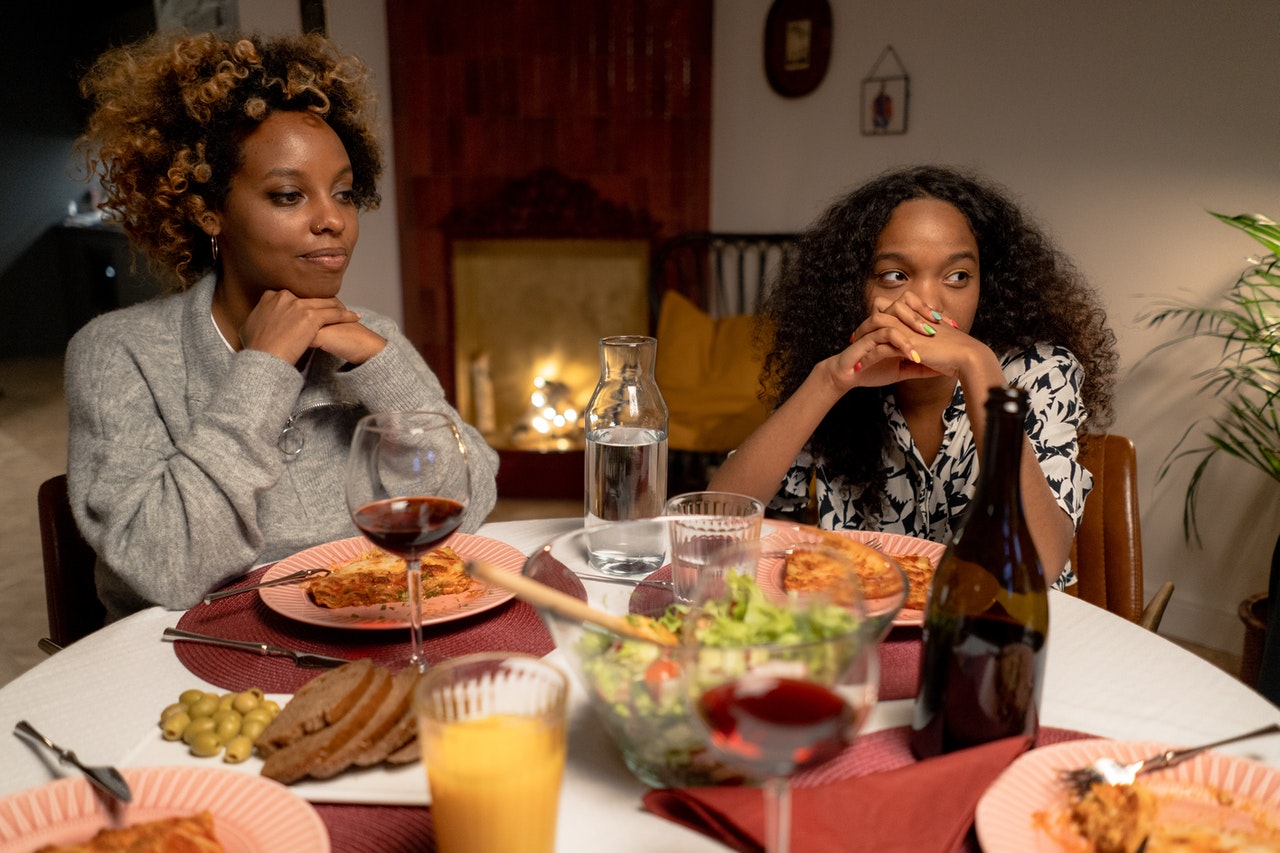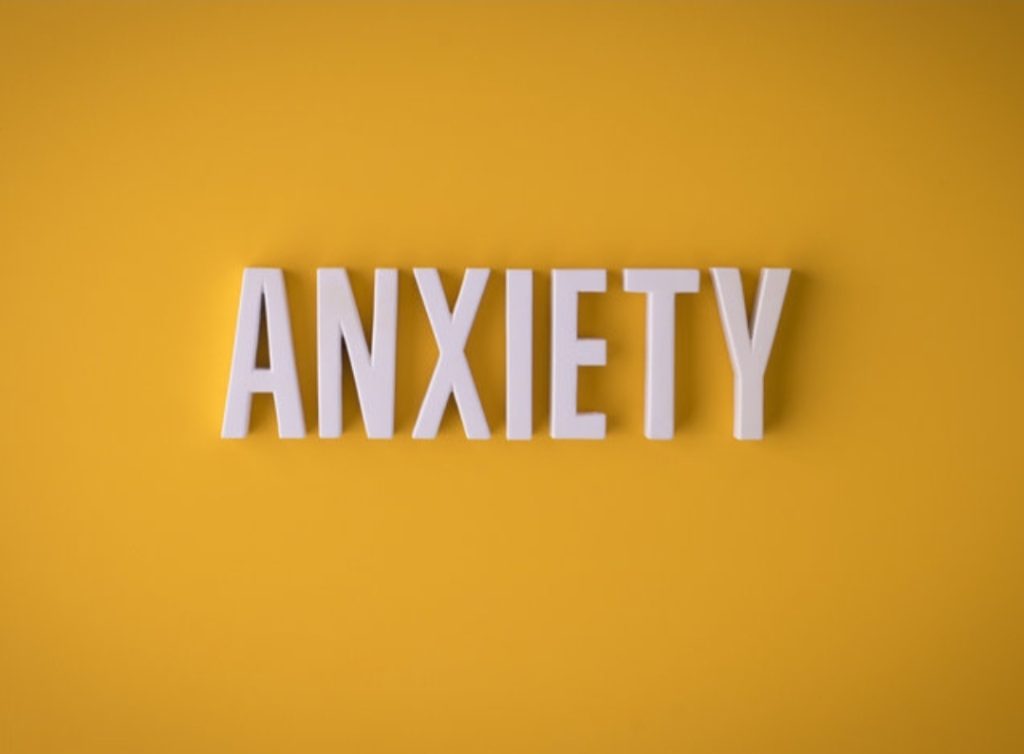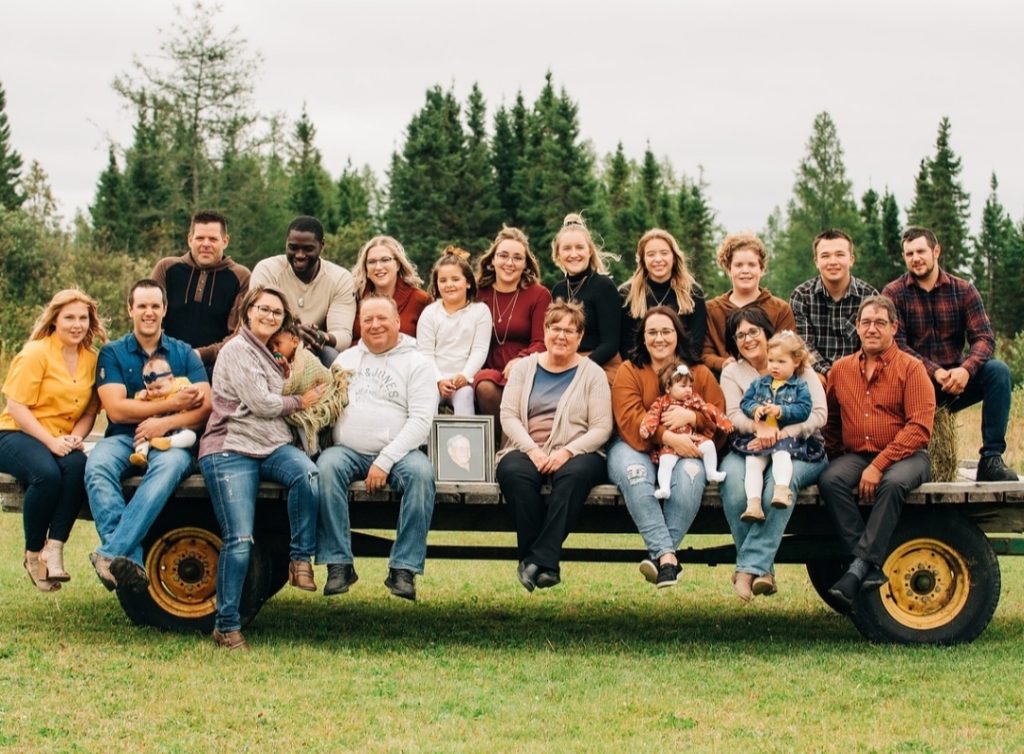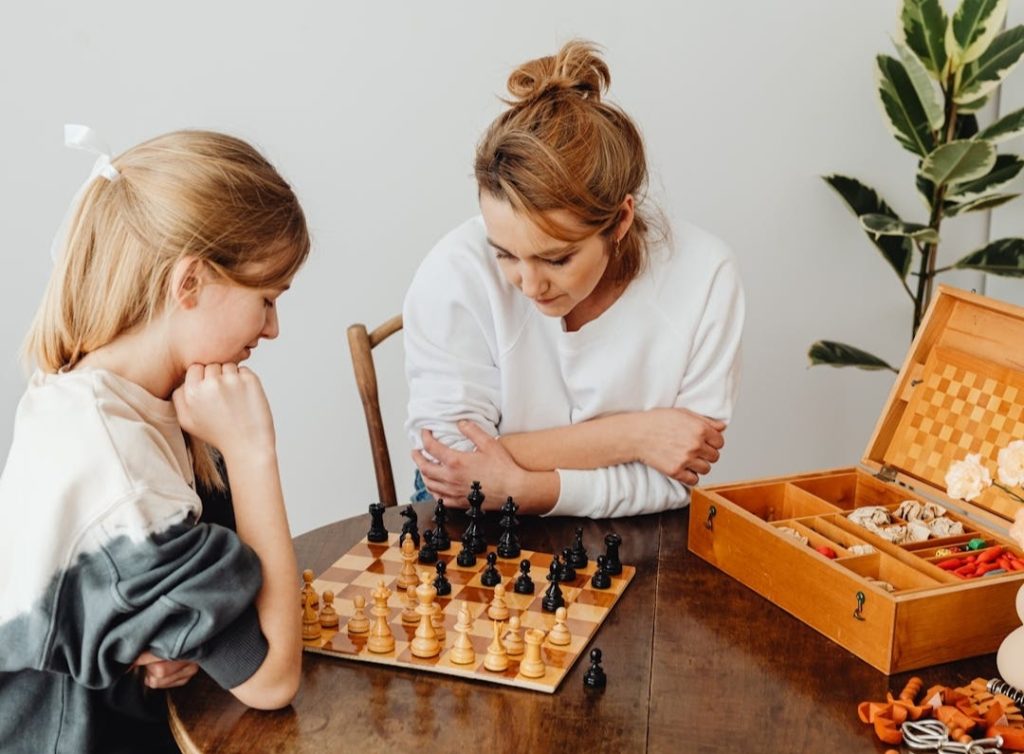Dieting has become a part of mainstream media and culture for many generations. Although millennials are now raising awareness of body stigma and fat-shaming, these topics are still an all too familiar conversation around the dinner table. Dieting, in any form, is an eating disorder. Single Care defines eating disorders as “illnesses that affect a person’s relationship with food and body image. People with eating disorders have excessive thoughts of food, their body weight or shape, and how to control their intake of food.” Any person can relate to this definition in some way. We are always aware of our body shape and use diet to manipulate it to be more culturally acceptable or to control our circumstances. I am someone who was also in search of acceptance and control. Now, looking at the other side, I can say therapy and intuitive eating has helped me change my mindset and reject the diet mentality.
Intuitive eating is a practice that combines mental and physical health to develop an understanding that Health at Every Size is good. The pioneers, Evelyn Tribole and Elyse Resch, created ten principles around the idea “all bodies deserve dignity and respect” (Tribole). Below, I have fleshed out these principles to include some facts and resources to help you or your loved one on their healing journey.
Reject the Diet Mentality
On your journey of healing from an eating disorder, it is best to start with the media you consume. Whatever media platform you use, it all impacts your body expectations of others and yourself. First, unfollow anybody, family included, who trigger your thoughts of dieting and body shame. Second, stop watching videos or TV that glorify women who represent today’s ideal body type. Take your time in doing a clean sweep. It’s okay if you can’t get it done in one day. Then, fill your ears and eyes with more body-positive influencers, authors, and podcasters. You’ll find women who have been at this work for many years to provide the resources you need. A quick Google search with the term “Intuitive Eating” will take you there.
Honor Your Hunger
However, you decide to transition with your food choices, it begins with becoming aware of your hunger cues by listening to them and then taking action. If you no longer have hunger cues, more work is needed with a professional. Once you have an understanding of what your hunger cues are, like an empty and/or grumbling stomach or a sudden headache, it is time to eat. This interaction with food and your body is building trust again. Eating a balanced meal of carbohydrates, protein, and fat will give you the energy you need to go after the amazing non-diet goals you have for yourself.
Make Peace with Food
Changing your mindset and relationship with food will not happen overnight. It will take time. Vincci Tsui explains Jes Baker’s (the author of Landwhale) philosophy on anti-dieting. There is a pendulum with dieting: you are either in dietland or donutland. Guess what? Neither one is bad! “While there’s nothing wrong with being in Dietland, Dietland itself is filled with often well-meaning, but ultimately harmful ideas. First, diets never seem to deliver on what they promise…. Second, Dietland does not welcome people in larger bodies.” To give yourself permission to eat what your body needs may very well be adding in the foods you have restricted before. Eventually, you will find a balance, or discernment as Baker calls it, of eating both veggies and donuts without the pressure to fix anything. When you listen to your body and your mind, you will rebuild the trust your body needs.
Challenge the Food Police
The Food Police, aka diet culture, keeps you stuck in a food restriction cycle. It’s hard to break free when you are given tools and advice that seem helpful in the moment but are hurtful to your mental well-being. Whether it is a new superfood on the store shelves, your mom’s “advice” on what you should have on your dinner plate, or your spin instructor’s comments around body shame, these outside opinions are fueled by the diet industry. Redirecting or stopping those comments and rules entirely will give you the strength to change your own mindset around food. You don’t have to live by the rules created by society. Creating your own rules around food will bring healing and a healthy relationship with your body.
Discover the Satisfaction Factor
Dieting is the rule to eat to be thin. Instead, intuitive eating is an opportunity to love the food you are eating, while loving the body you are in. Eating is an opportunity to take time to experience the scents, spices, and texture with people in your community. This will leave you more satisfied than stuffing down something you deem healthy. To allow food to be a full sensory experience reflects the freedom in your relationship with food. Then use that freedom to decide what foods you do like. And it’s okay if that includes salad! Satisfaction with your food is an absence of control. To reach this point, it may involve seeing a counselor to uncover the why behind your eating disorder. Understanding your feelings will take work and time, but the result of leaving behind your abuse of food will be worth it.
Feel Your Fullness
When you are an intuitive eater, you tap into your body’s natural hunger and fullness cues. It is recommended to form a habit of mentally asking yourself questions about how you feel before, during, and after your meal. You will form a better relationship with your body because you are listening to what it is telling you. A hunger and fullness scale, like this one, will help you gain the vocabulary for how your body is feeling around food at the moment. immaEATthat blogger Kylie suggests, “When you sit down for a meal, ask yourself, ‘Where am I on the hunger & fullness scale?’… Halfway through your meal, pause for 3 seconds to check in with yourself and ask, ‘Where am I now?’” Finally, reflect at the end of your meal on how you feel. It is not about perfection. I can’t tell you the number of times I leave the table feeling overly full. Do I do it purposefully? Most of the time, yes! I overeat because I think the food is delicious or I am enjoying being around my community. As you gain trust in your body’s relationship with food, it will become much easier to know where you want to be on the hunger and fullness scale with each meal.
Cope with Your Emotions with Kindness
Inadvertently or directly you, along with the rest of society, are often told your emotions don’t matter. So, you turn to food to soothe those repressed feelings. Anna Hindell, LCSW-R, a psychotherapist based in New York says, “[A symptom or effect of an underlying feeling that the person lives with] is usually…related to low self-esteem, lack of worth, or repressed trauma. People turn to the attempt at controlling food intake or eating their emotions instead of dealing with the underlying problem, if untreated” (Single Care). I’m going to say something radical: emotions are okay and necessary. Through therapy, I have come to realize I don’t need to feel shame around how I feel. Understanding my feelings and their root cause has helped me in the long run; even though sitting on the couch with my chosen food item is sometimes easier. To prevent emotional eating, check in with your emotions before you eat and let them naturally pass if they are not immediately helpful. Robyn Nohling, R.D. also explains in her video the different reasons behind emotional eating and how to eventually overcome it. She gets it right when she emphasizes: “Nobody is perfect, and we all eat for reasons other than hunger sometimes.”
Respect Your Body
To fully reject the diet mentality, it is necessary to learn how to respect your body’s natural size. The desire to look like others and the lessons in distrusting your body start young. You are taught to criticize your own body as well as others. It is no wonder “eating disorders are the third most common chronic illness among adolescent females in the United States” (International Journal of Adolescent Medicine and Health, 2007). It takes time and work, often with a professional, to begin to respect how you are made, but it all starts with acceptance. From there, you can learn to see your body differently, especially the beauty in it.
Movement – Feel the Difference
The way you move your body and what you put in it is a toxic cycle when it is done out of punishment. Replacing your vocabulary, even when referring to exercise, will make a difference in your mindset around your body. The words “movement” or “gentle movement” are great words to use when being physically active. Find something that makes you excited to move. As you begin to trust your body again, this is another time when you need to listen to what your body is feeling. On her blog, Freedom Nutrition and Wellness, Ashley Smith says it well when she explains exercise is a way to take care of your body, not to use it to change the way you want to look. Be gentle with yourself and learn what your body can truly handle. Every day and season are different, so find joy in the ebbs and flow of movement.
Honor Your Health – Gentle Nutrition
Nutrition is a bird’s eye look at your health. Yes, it is vital to your overall health to eat a variety of produce during the day, but it is not detrimental to your health if you opt for fish and chips instead of salad for dinner. Living full time in dietland, I forced myself to eat certain vegetables even when I didn’t like them. I thought it was healthy for me and dismissed my overall well-being. Therefore, I am giving you the permission you need to stop eating the veggie(s) you dislike and start eating more of the produce you do like. Food is about delight and experiences. Even being relaxed and satisfied with your food will allow better absorption of nutrients and digestion. Life is too short to not eat the foods you enjoy!
Our Her Nexx Chapter Community invites you to join us where women are connecting with each other’s stories, exploring different experiences, and transforming ideas.
The Future of Connection for Women
- Castor Oil Packs: Do They Live Up to the Hype? - February 6, 2024
- Making a Global Impact with Your Morning Coffee - November 29, 2023
- Removing Shame Around Uterine Fibroids: An Interview with Dr. Soyini Hawkins - October 16, 2023
Follow us:







